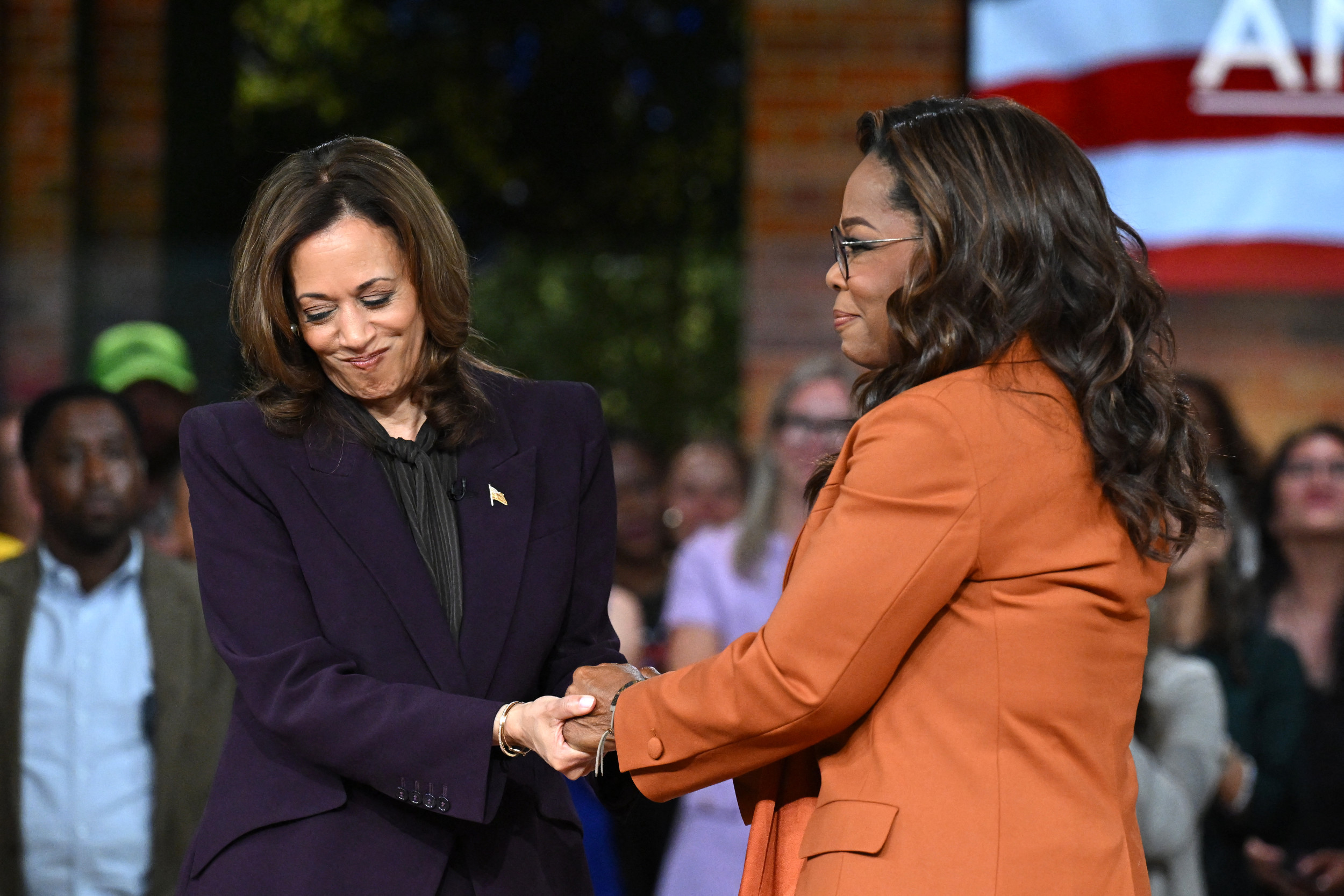Bussiness
Business school shoots down Kamala Harris’ claim she’ll strengthen economy

A top business school has shot down claims made by Vice President Kamala Harris that her economic proposals would strengthen the U.S. economy.
During a “Unite for America” livestream event in the battleground state of Michigan with Oprah Winfrey on Thursday, Harris sought to persuade the audience that she had an economic policy that would deliver for businesses and for the American people, saying “and that is why Goldman Sachs . . . is why Moody’s, which is why Wharton School of Business, which is why 16 Nobel laureates, have collectively determined after analyzing our plans . . . mine would strengthen the economy, his would weaken it.”
Keep up with the latest US Election news on Newsweek’s Election Live Blog.
When contacted by Newsweek for comment, one of the institutions Harris referenced directly refuted her claim.
“We did not find a positive impact on the economy from her plan in any future year. The Trump plan does increase GDP for a few years but lowers by the end of the 10-year budget window,” a spokesperson for the University of Pennsylvania’s Penn Wharton Budget Model (PWBM) said.
PWBM describes itself as nonpartisan, research-based initiative that provides accurate, accessible and transparent economic analysis of public policy’s fiscal impact.
Saul Loeb/Getty Images
Newsweek has contacted the Harris campaign for comment via email.
Harris’ reference to the business school concerned a PWBM report that found that Harris’s tax and spending proposals would increase primary deficits, which limit a government’s ability to manage the economy, but less than the proposals from Trump.
The model suggested that under Trump, GDP “eventually falls relative to current law, falling by 0.4 percent in 2034 and by 2.1 percent in 30 years”. Under Harris, the report found, “GDP falls by 1.3 percent by 2034 and by 4 percent within 30 years (year 2054)”.
PWBM’s analysis of Harris campaign tax and spending proposals found they would increase primary deficits by $1.2 trillion over the next 10 years on a conventional basis, and by $2 trillion on a dynamic basis that included a reduction in economic activity.
PWBM said that lower and middle-income households generally benefit from increased transfers and credits on a conventional basis, while higher-income households are worse off.
A Newsweek fact check on Harris’ statement as a whole found that it needed context.
While a Goldman Sachs report did come out in favor of Harris’ economic policies, the investment bank’s CEO David Solomon subsequently said that she had exaggerated its findings.
Harris was on firmer ground regarding the Nobel laureates. While they credited the polices specifically of President Joe Biden, describing them as “vastly superior” to those of Trump, Harris could reasonably point out that she is a part of that administration and therefore represents some degree of continuity.
Do you have a story we should be covering? Do you have any questions about the 2024 presidential election? Contact LiveNews@newsweek.com










